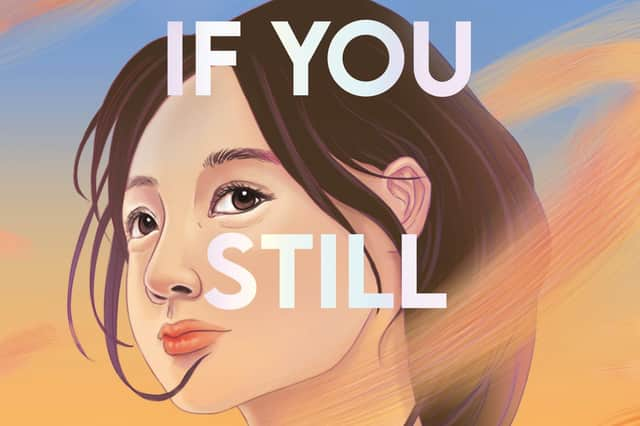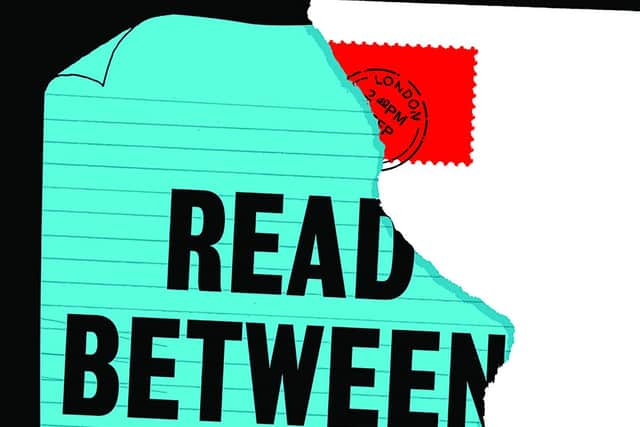Holiday reading: the best YA fiction for the summer break


The rollercoaster of young love is beautifully captured in If You Still Recognise Me by Cynthia So (Little Tiger £8.99). Elsie is enchanted to have discovered someone who really understands her, but fear of unrequited love prevents her from telling her crush just how she feels. Text messages are used effectively to convey the immediate emotional responses of the enormously likeable characters. However, attitudes to LGBTQ+ relationships lead to hurt, separation and pain as the protagonists discover there is no blueprint for finding a way through the awkward conversations they need to have.
Addressing the themes of divorce, imprisonment and the challenge of living with undiagnosed dyslexia, Malcolm Duffy’s Read Between The Lines (Zephyr £12.99) introduces us to 16-year-old Ryan, whose Dad is moving in with Naomi just as her son, Tommy, is being released from a young offenders’ institution. Suddenly everyone is trying to adjust to a new home environment. Chapter headings are written in mixed up lettering to show how words can appear to someone who is dyslexic, and Tommy’s coping strategies offer an insight into some of the struggles he faces. This book has very real, appealing characters – and lots of extremely funny moments.
Advertisement
Hide AdIn Ellie Pillai is Brown by Christine Pillainayagam (Faber £7.99), the titular character has soundtracks running through her head accompanying her experiences and encounters in life. The teenage relationships here feel very authentic and the message that it’s a good thing to delight in being different from others is liberating, as Ellie discovers that not fitting in releases you to be uniquely yourself. The original, associated album is the perfect finishing touch to this hugely enjoyable story.


Our Sister Again by Sophie Cameron (Little Tiger £7.99) raises many questions about how we might want artificial intelligence to feature in our lives and human relationships. When Flora dies her family are distraught, and the members of their small Scottish island community are all affected, but the opportunity to have her returned to them in the form of an artificially intelligent reproduction creates a fascinatingly complex range of responses. This book will stay with you long after you’ve read it.
In Blood to Poison by Mary Watson (Bloomsbury £7.99), Savannah is consumed by anger – an integral part of the curse which engulfs her. This is a book about magic – good and bad – about Savannah’s relationships and about the need to work with others to achieve shared goals which will protect and benefit everyone. With a touching homage to Romeo and Juliet, it also incorporates a credible and vibrant love story as well as themes of domestic abuse, inherited trauma, resilience and bravery. A magnificent twist is timely and satisfying in a story which keeps you guessing until the end.
Mark Ballabon’s Home (Eminent Productions Ltd £9.99) is a thought-provoking and delightful read about an emotionally intelligent girl, Leah, who is on a journey of exploration to understand what “home” means. As she learns, not just to react to circumstances and the behaviours of others, but genuinely seeks to understand other people and their motivations, she demonstrates the power of responding more effectively by seeing the bigger picture and appreciating other people’s perspectives. Leah’s message that if we can see the planet as home we’d treat it better is an important one for our time, and Grant MacDonald’s mesmerising illustrations perfectly depict the connection between people and place.
Set in present day Northern Ireland, Truth Be Told by Sue Divin (Macmillan Children’s Books £7.99) focuses on the lives of two teenagers, Faith and Tara, who meet at a residential retreat and are shocked to discover that they look like twins. Tara is a Catholic and Faith is a Protestant, and they have had very different life experiences, but the mystery of their identical appearance fascinates them. Although the girls have never known life during The Troubles, this modern-day love story reflects the impact of conflict on second, third and future generations – the hurt, the damage, the loss and the grief – and reminds us of the long-lasting legacy of war.